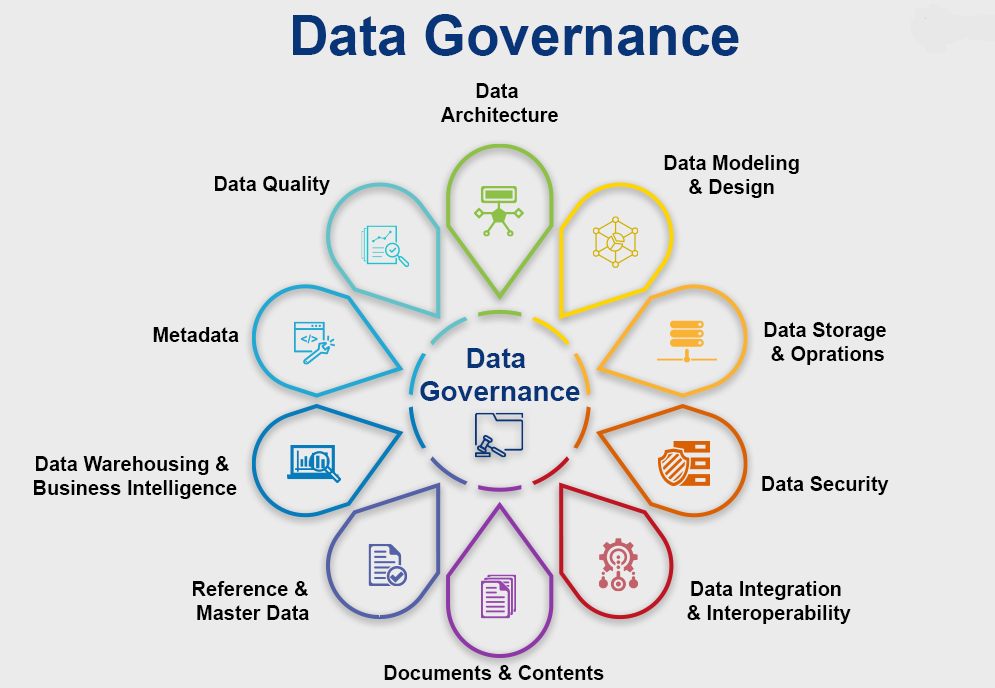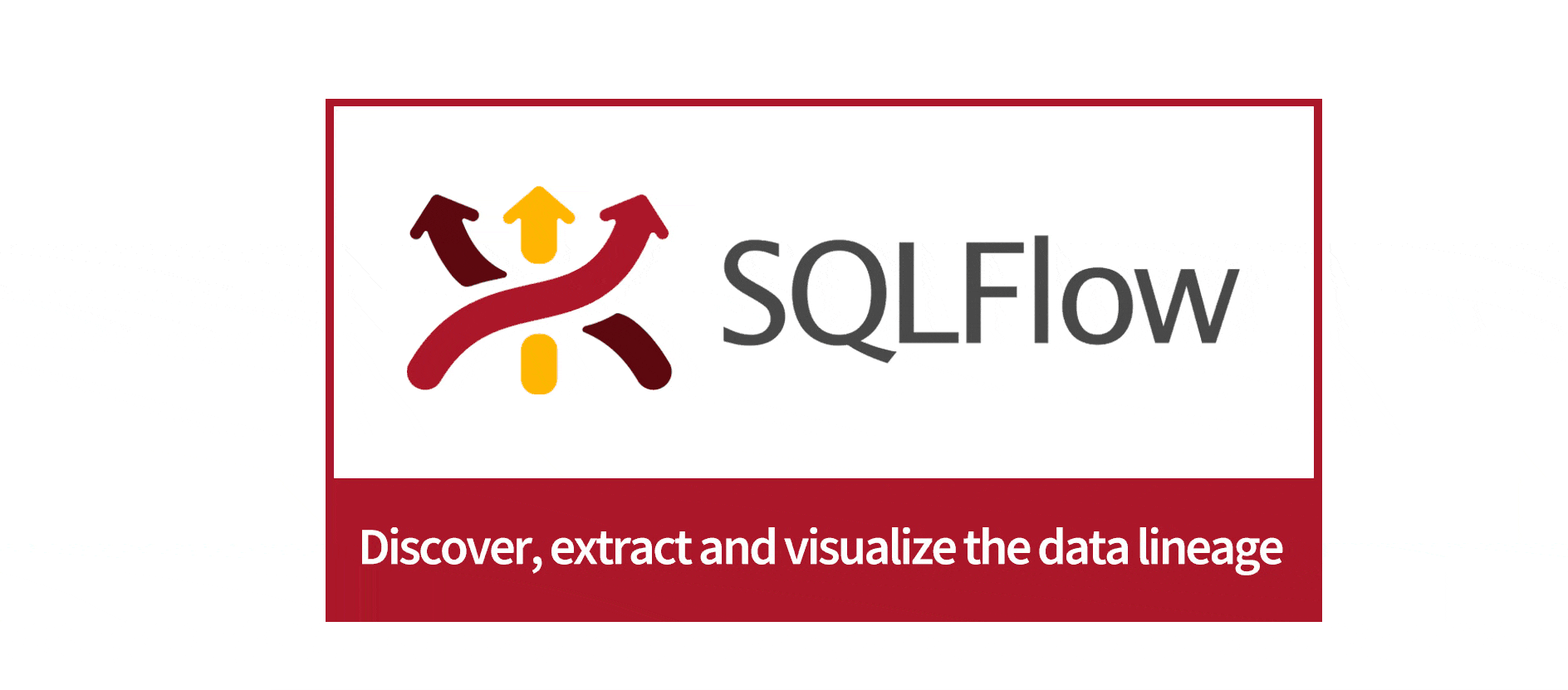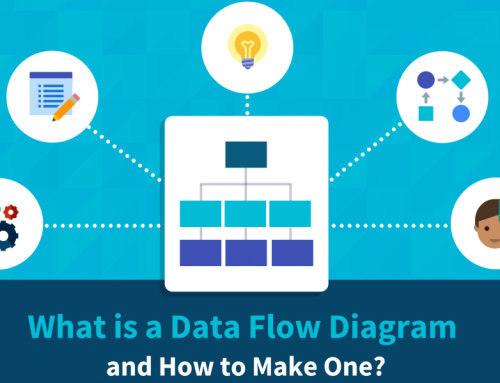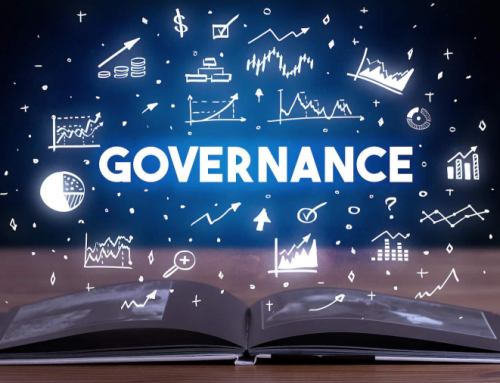Data Governance 101
In today’s Internet big data era, whoever owns the data will occupy most of the market. But to find valuable information from so much data, data stewards are still required. However, in the face of so much data, relying solely on manual screening is not only costly, but also time-consuming, which is why data governance is required. In this article, we’ll introduce what is data governance and why it is so important.

What Is Data Governance?
What is data governance?
It is a set of principled approaches to managing data throughout its lifecycle, from acquisition to use to disposal. Every organization needs data governance. As businesses across industries undergo digital transformation, data has quickly become the most valuable resource they have. Senior executives need accurate, timely data to make strategic business decisions. Marketing and sales professionals need reliable data to understand their customers’ needs. Procurement and supply chain managers need accurate data to manage inventory and minimize manufacturing overhead. Compliance officers need to demonstrate that data is processed in accordance with internal and external mandates, etc.
Definition of Data Governance: It refers to everything that is done to make sure that data is secure, private, accurate, available, and easy to use. It includes the actions that people must take, the processes that must be followed, and the technologies that support the data throughout its lifecycle.
Data governance means setting internal standards, or data policies, that apply to the collection, storage, processing and disposal of data. It dictates who can access which data and which data should be governed. It also involves following external standards set by industry associations, government agencies, and other stakeholders.
Why is data governance so important?
It is very important because it can bring us lots of benefits:
- Make smarter, more timely decisions: Users across the organization have access to data to connect and serve customers, design and improve products and services, and capture new revenue opportunities.
- Improvement in cost control: Data can help you manage resources more efficiently. Because you can eliminate data duplication caused by information silos, you don’t have to buy (and maintain) expensive hardware as much.
- Enhance compliance: An increasingly complex regulatory environment makes it even more important for organizations to establish robust data governance practices. You can proactively anticipate new regulations while avoiding the risk of non-compliance.
- Gain greater trust from customers and providers: With auditable compliance with internal and external data policies, you’ll gain the trust of your customers and partners that you’ll protect their sensitive information and therefore have confidence in doing business with you.
- Manage risk more easily: With strong governance, you can eliminate the worry of exposing sensitive data to individuals or systems that lack proper authorization, intrusion by malicious outsiders, or even insiders accessing data they don’t have permission to see.
- Allow more people to access more data: Strong data governance capabilities can give more people access to more data, ensure those people have access to the appropriate data, and that democratization of data does not negatively impact the organization.
What are the uses of data governance?
Data governance is necessary to ensure that data is safe, secure, private, accessible, and compliant with internal and external data policies. With data governance, you can set and enforce controls to allow more access to your data to gain security and privacy from control over your data.
Here are some common usage scenarios:
- Data governance: Data governance usually means assigning responsibilities and establishing accountability mechanisms for the data itself and for the processes that ensure the proper use of the data by “data stewards”.
- Data quality: Data governance is also used to ensure data quality, that is, any activity or technology designed to ensure that data is fit for use. Data quality is generally judged from six dimensions: accuracy, completeness, consistency, timeliness, validity, and uniqueness.
- Data management: It is a broad concept that covers all aspects of managing data as an enterprise asset, from collection and storage to use and monitoring, ensuring that data is used in a safe, efficient and cost-effective manner, and then disposed of.
Data Governance in the Cloud
As cloud adoption accelerates, questions will inevitably arise about how the cloud affects data governance.
Businesses have concerns about:
- Data security: Businesses may be concerned about whether data should be stored in the public cloud. They are still responsible for controlling the data governance of their on-premises systems, but need to know that when data is stored in the cloud, the cloud provider will protect the data from leakage or theft.
- Cloud service providers will comply with regulations: Corporate compliance officers and data stewards who are responsible for compliance with regulations and standards need to be confident that their cloud providers will also comply with GDPR, CCPA, PCI DSS, HIPAA, and other regulations, and need to provide tools to help providers comply with regulations when storing data in the cloud.
- They will have visibility and control: Public cloud service providers know that their ability to help with data governance can earn customer trust and greatly improve the customer experience. As a consequence, leading cloud service providers provide companies using their platforms with tools such as data assessment, metadata cataloging, access control management, data quality, and information security as core competencies.
Conclusion
Thank you for reading our article and we hope it can let you have a better understanding of what’s data governance and why it is so important. If you want to learn more about data governance, we would like to advise you to visit Gudu SQLFlow for more information.
As one of the best data lineage tools available on the market today, Gudu SQLFlow can not only analyze SQL script files, obtain data lineage, and perform visual display, but also allow users to provide data lineage in CSV format and perform visual display. Thanks again!
3 Comments
Leave A Comment
If you enjoy reading this, then, please explore our other articles below:




[…] are more and more tools on the market that can improve the effectiveness of data governance, and in addition to existing software vendors, new competitors are often entering the governance […]
[…] challenge for fmany reasons. First and foremost, the biggest hurdle in deciding anything related to data governance is the lack of a standardized approach – the goals are not well defined. In addition, the […]
[…] become increasingly difficult as more data is created and collected. This is why data management or data governance is very […]